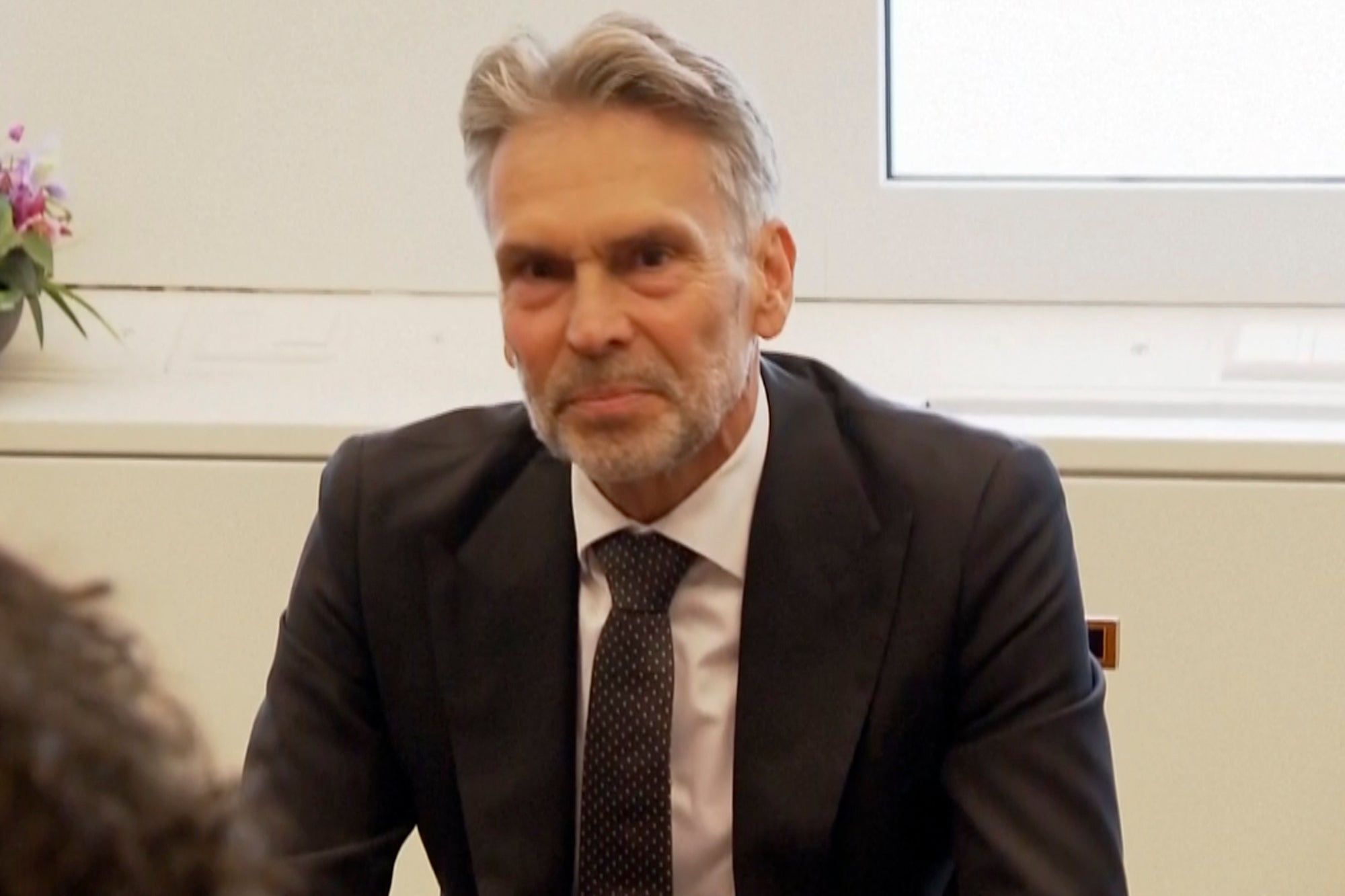Former intel agency chief set to become the Netherlands' next prime minister in hard right coalition
A former head of the Dutch intelligence agency and counterterrorism office is tipped to become the Netherlands’ next prime minister, leading a four-party coalition that includes Geert Wilders’ far-right Party for Freedom

Your support helps us to tell the story
From reproductive rights to climate change to Big Tech, The Independent is on the ground when the story is developing. Whether it's investigating the financials of Elon Musk's pro-Trump PAC or producing our latest documentary, 'The A Word', which shines a light on the American women fighting for reproductive rights, we know how important it is to parse out the facts from the messaging.
At such a critical moment in US history, we need reporters on the ground. Your donation allows us to keep sending journalists to speak to both sides of the story.
The Independent is trusted by Americans across the entire political spectrum. And unlike many other quality news outlets, we choose not to lock Americans out of our reporting and analysis with paywalls. We believe quality journalism should be available to everyone, paid for by those who can afford it.
Your support makes all the difference.A former head of the Dutch intelligence agency and counterterrorism office emerged Tuesday as the surprise nominee to become the Netherlands' next prime minister, after he was given the backing of leaders cobbling together a four-party coalition headed by Geert Wilders' far-right Party for Freedom.
Dick Schoof, the 67-year-old former head of the General Intelligence and Security Service and currently the top civil servant at the Ministry of Security and Justice, met with the leaders of the four parties before they announced he was their choice for prime minister at a late afternoon news conference.
His name had not been circulating as a possible prime minister and he conceded that his nomination was a surprise.
“The step I am taking is unexpected, but not illogical," he told reporters in The Hague.
Schoof will draw on years of experience as a public servant as he takes on the leadership of a deeply divided nation as head of a technocrat administration that has embraced parts of Wilders' radical ideology.
“In the end, the question you have to answer for yourself is, can I do something good? And my answer is, yes,” he said.
Besides once leading the top intelligence agency, Schoof is also a former counterterror chief in the Netherlands and ex-head of the country's Immigration and Naturalization Service. Cutting immigration will be one of his administration's key tasks once it is installed, likely over the summer.
Wilders congratulated Schoof and said he “has a great track record, is nonpartisan and therefore above the parties, has integrity and is also very likeable."
Anti-Islam lawmaker Wilders convincingly won the November election but took months to cobble together an outline coalition deal with three other parties. The four leaders are aiming to select a team of ministers to form a technocrat Cabinet over the next month. Wilders, a divisive figure who has in the past been convicted of insulting Moroccans, agreed not to become prime minister because of opposition from his coalition partners.
Wilders is building a coalition with outgoing Prime Minister Mark Rutte’s center-right People’s Party for Freedom and Democracy, or VVD, the populist Farmer Citizen Movement and the centrist New Social Contract party.
Rutte's government remains in power on a caretaker basis until the new administration is sworn in. The initial candidate for prime minister that Wilders had in mind, Ronald Plasterk, withdrew last week following reported allegations of his involvement in medical patent fraud.
A deal published last week by the four parties outlining their policy objectives is titled “Hope, courage and pride.” It pledges to introduce strict measures on asylum-seekers, scrap family reunification for refugees and reduce the number of international students studying in the country.
Analysts have questioned whether some of the policies are legally or constitutionally possible to enforce.
Addressing those concerns, Schoof said that throughout his career, “the functioning of the democratic rule of law has been a common thread in my work.”